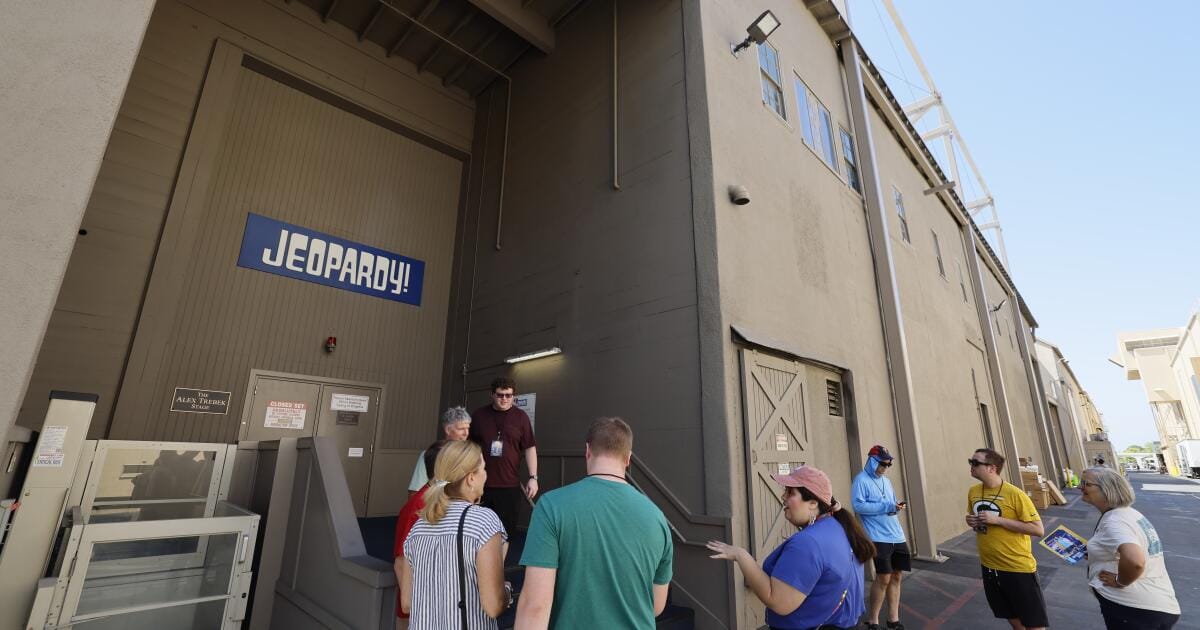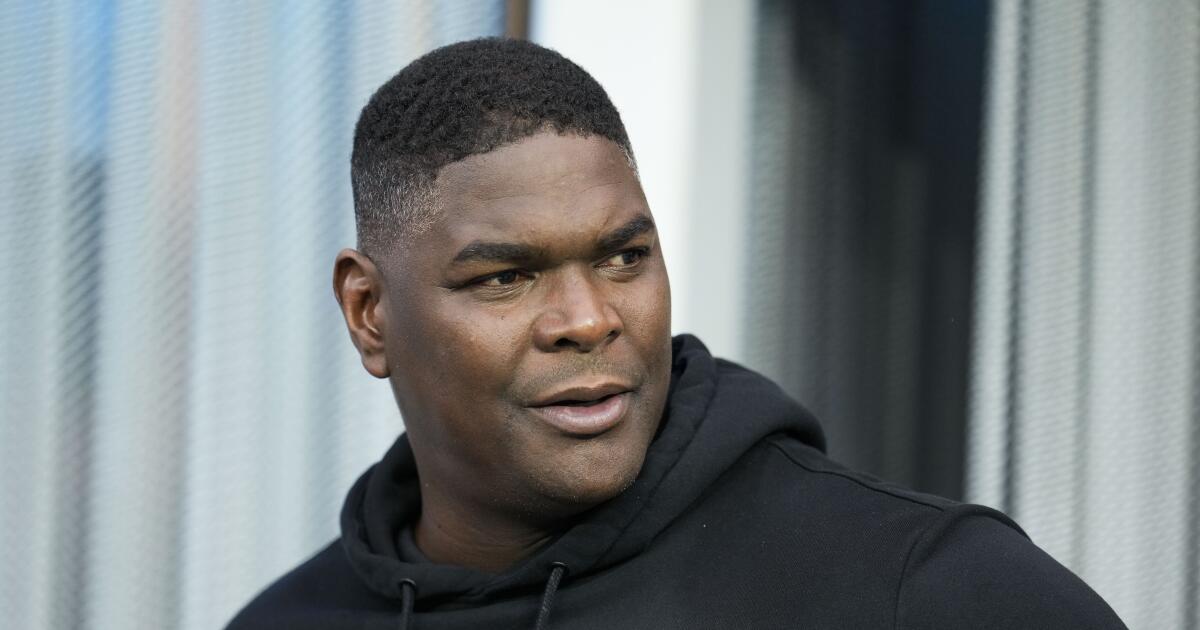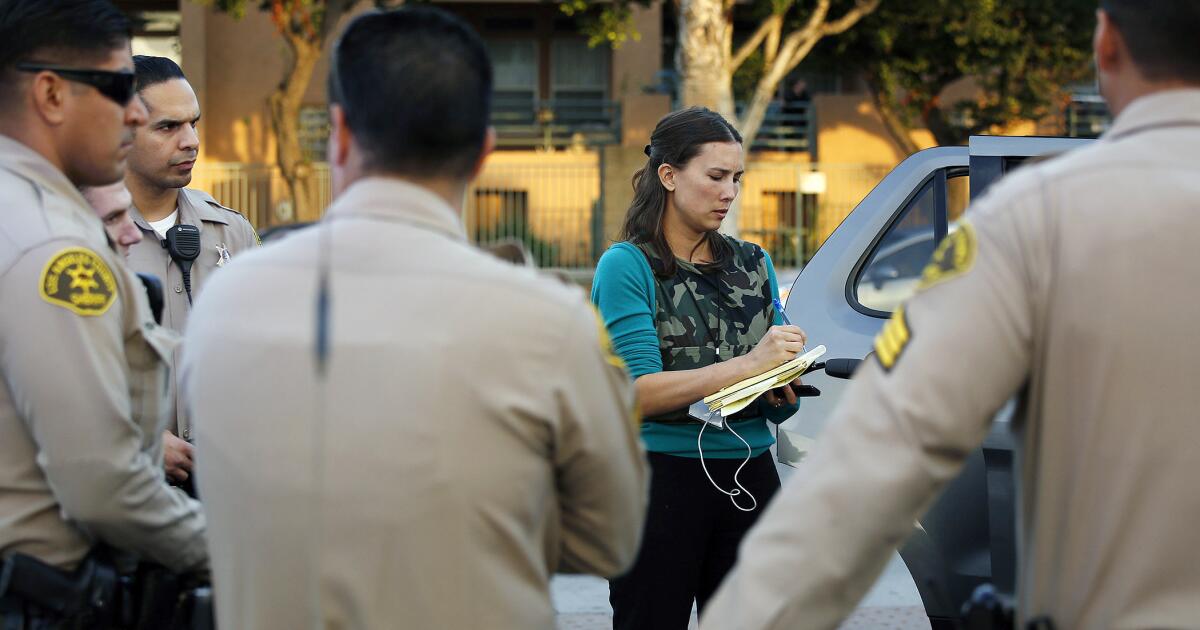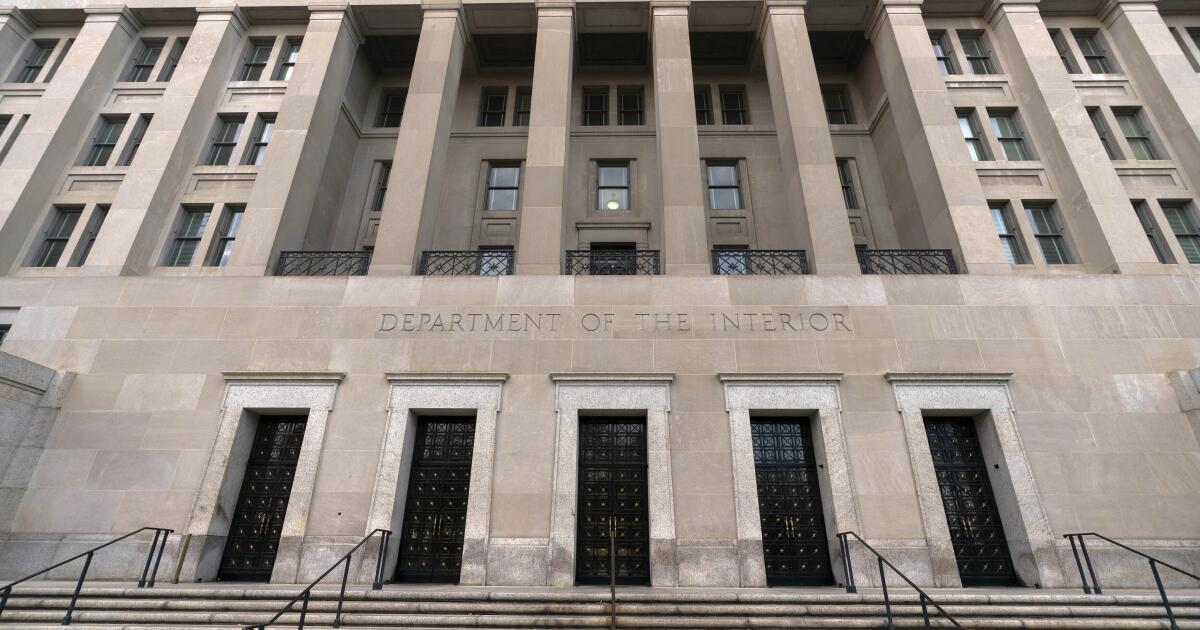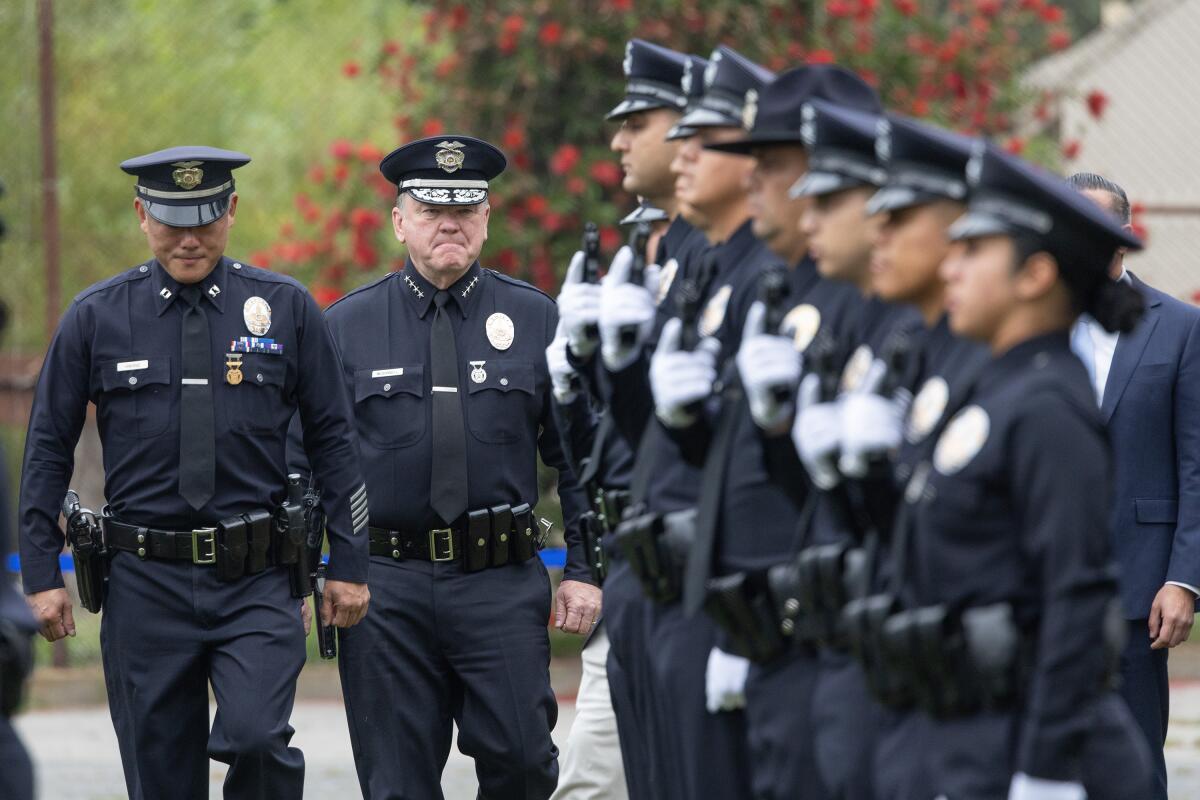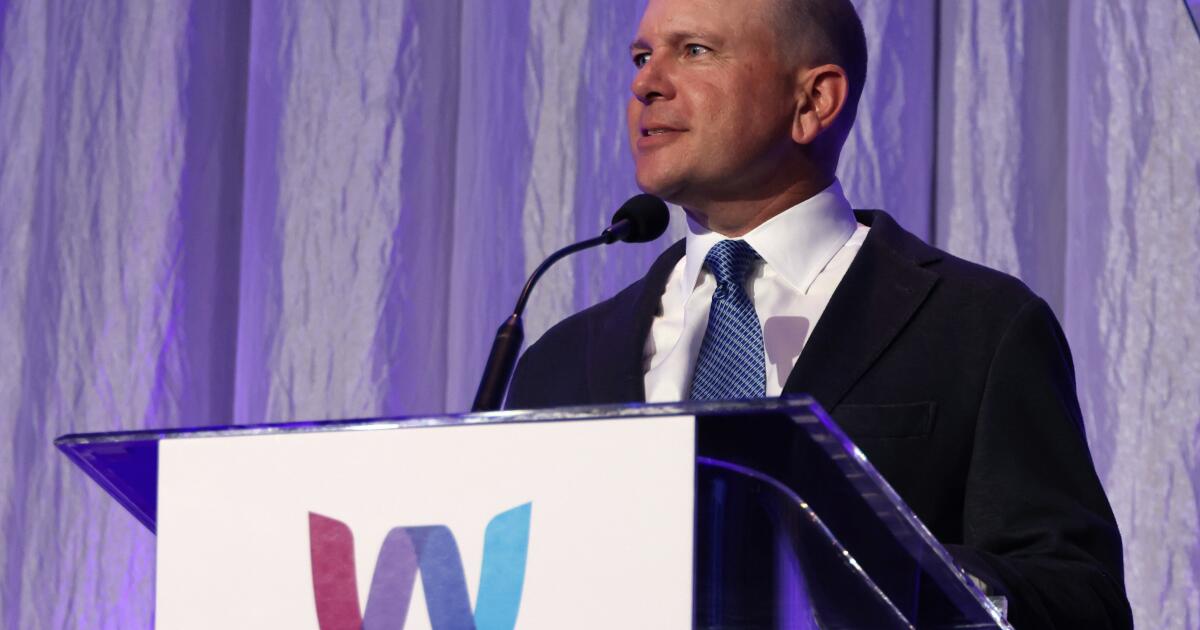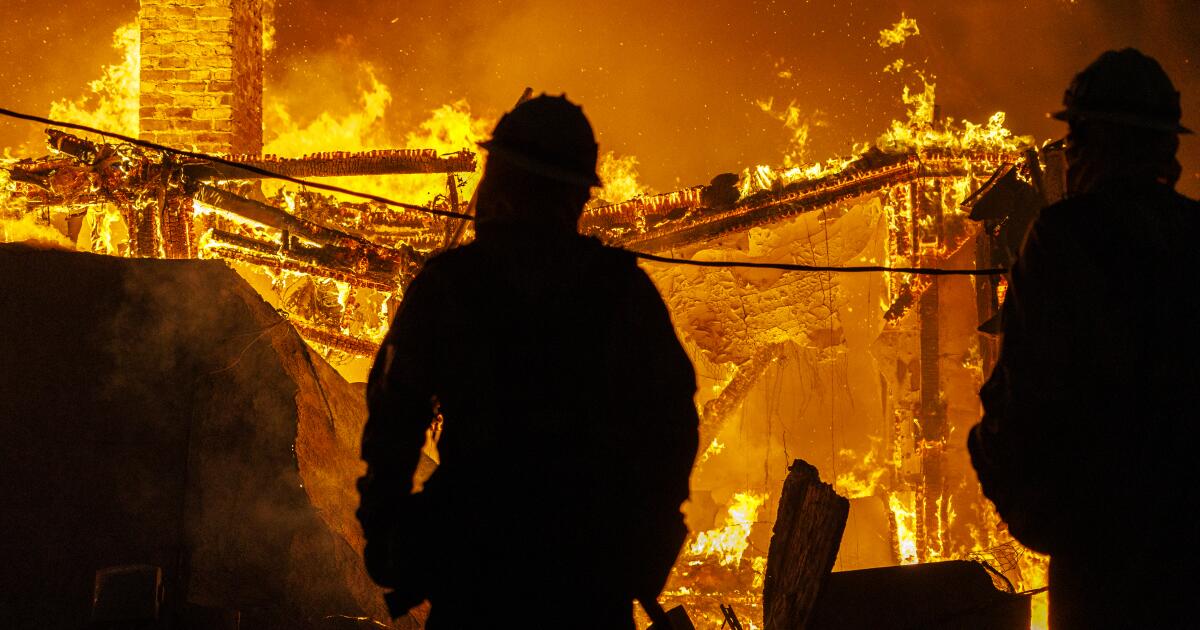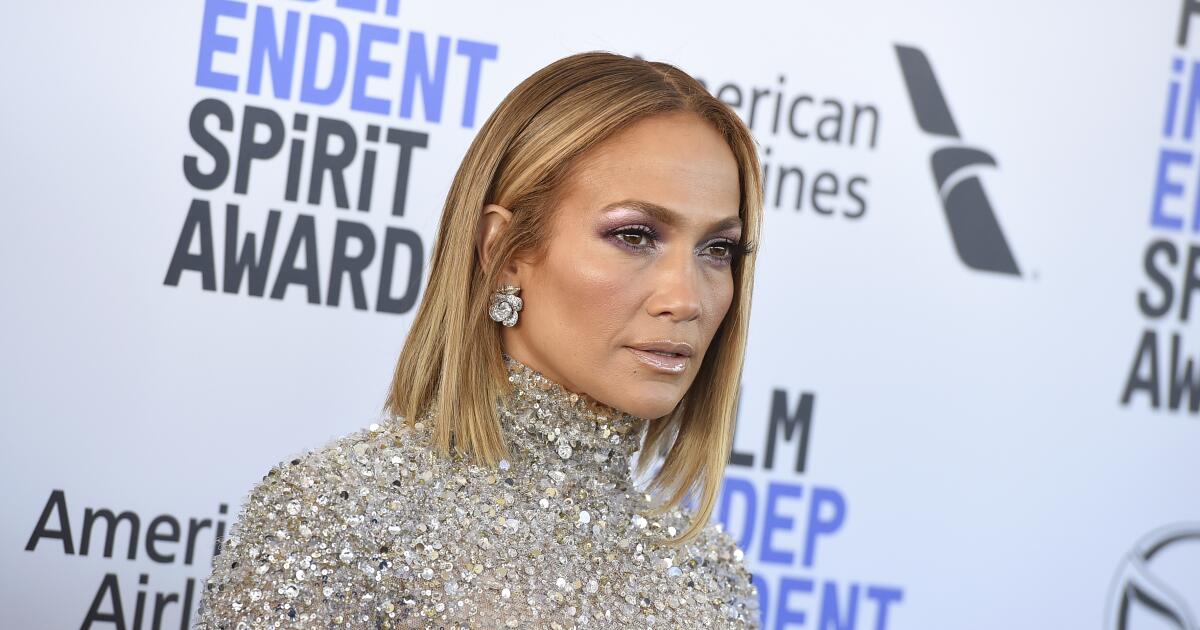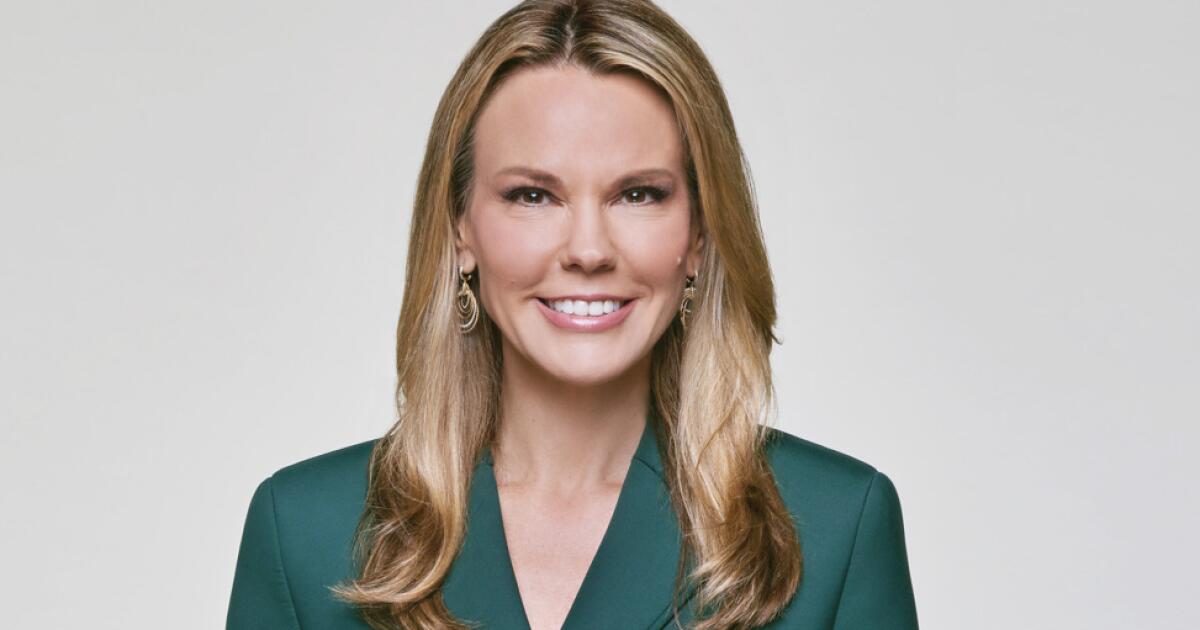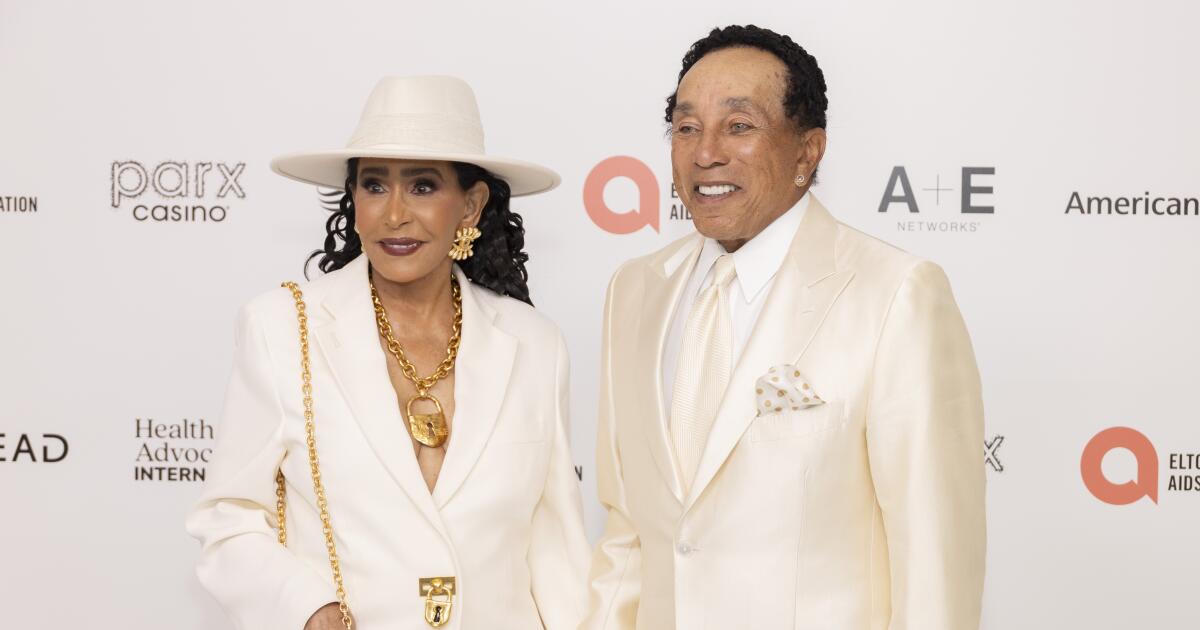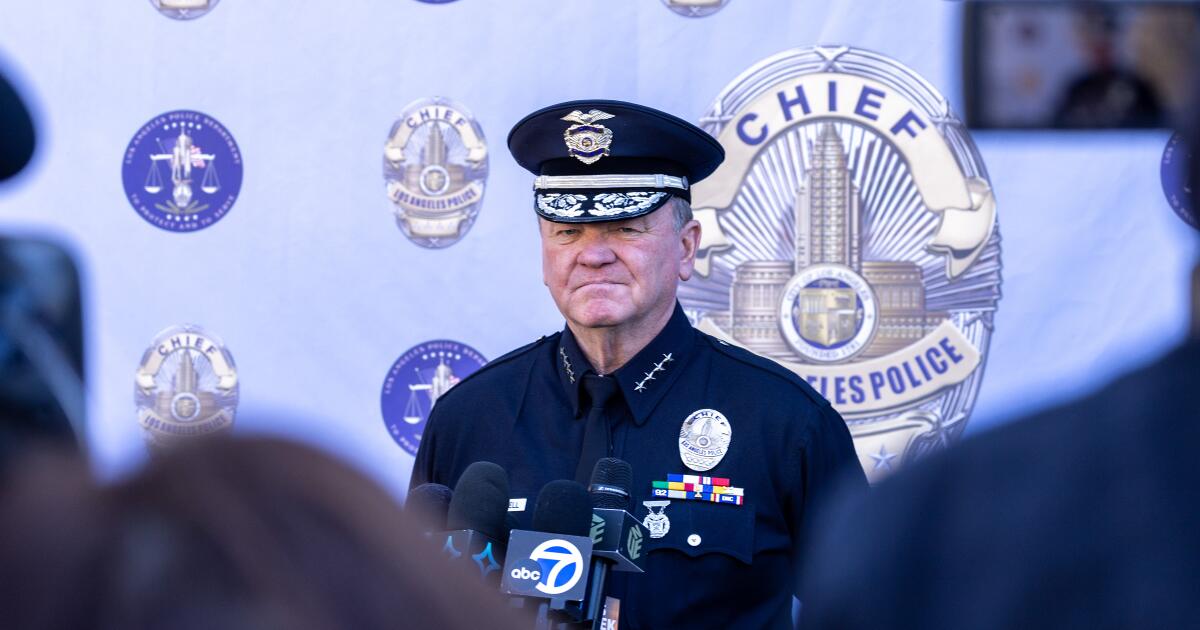In police circles, it’s known as the “LAPD lottery.”
Speaking at a city budget presentation this month, Police Chief Jim McDonnell said some officers have sought to “weaponize” the department’s disciplinary system to settle grievances, leaving city taxpayers on the hook for the legal bills.
Los Angeles has paid out at least $68.5 million over the last five years to resolve lawsuits filed by officers who claimed to be the victim of sexual harassment, racial discrimination or retaliation against whistleblowers, according to a Times analysis of payout data released by the city attorney’s office.
Skeptics inside the Los Angeles Police Department write off the claims as opportunistic officers trying to hit the jackpot, twisting paper trails created by the department’s much-maligned internal discipline system into the basis for lawsuits.
But the officers who sue and their labor attorneys argue the department’s continued failure to thoroughly investigate complaints or fix systemic issues leaves no other recourse.
Several recent civil trials have resulted in settlements or jury awards in the seven figures or more, including $11.5 million to a former K-9 officer who alleged colleagues spread false rumors about him and mocked his Samoan heritage. Dozens of other suits remain pending, likely leaving the city staring down more substantial payouts in the coming years.
The question of how to deal with the suits has emerged as one of the most pressing issues since McDonnell’s tenure as chief began in November. Mayor Karen Bass has said the city’s $1-billion budget deficit is at least partly driven by expensive legal payouts, as well as emergency response costs related to the Palisades fire and “downward national economic trends.”
Last year, the LAPD’s private fundraising arm gave $240,000 to hire an outside consultant to help the department analyze “the results of litigation to see if there are lessons to be learned from that.”
The consultant, Arif Alikhan, the department’s former director of constitutional policing, said he and his team are seeking to identify trends of risky behavior, improve tracking of problem employees and hold supervisors accountable for not addressing conduct that exposes the department to liability.
Part of the challenge, he said, is that cases take years to resolve, leading to lag time in awareness. “Then it kind of bubbles up and becomes a bigger issue and then you have multiple people suing.”
The city attorney’s office, which is responsible for defending the department against lawsuits, said in response to questions from The Times that cases are settled when “there could be a jury finding of liability, and when we can reach an agreement for a reasonable amount of money.”
“We will always do what is in the best interests of the city and continue to aggressively defend lawsuits—especially when plaintiffs’ attorneys try to make a fortune off of the City with unreasonable non-economic damages claims,” the city attorney’s office said in a statement. “Our office will aggressively defend against lawsuits that lack merit, as well as lawsuits in which the plaintiff’s attorney is making unreasonable demands for taxpayer dollars to resolve a case.”
The LAPD has long wrestled with costly litigation, and many claims by aggrieved officers are dismissed. But according to the data released to The Times, payouts for officer-driven lawsuits have increased recently: At least 13 verdicts or settlements worth $1 million or more have come since 2019, including nine in the last three years.
Beyond the cost to taxpayers, the public airing of workplace disputes can prove embarrassing to a department that has long fancied itself a spit-and-polish institution.
Take the Transit Services Division, where years of troubles and finger-pointing have led to a snarl of more than half a dozen lawsuits.
A former detective, Heather Rolland, received a $949,000 payout after she accused male colleagues of disparaging her for being injured on the job and of fostering a hostile work environment for women who worked in the division, which holds a lucrative contract with the county Metropolitan Transportation Authority to provide security on bus and train lines.
Among the male officials mentioned in her lawsuit is Randy Rangel, a former Transit Services sergeant, who filed his own claim against the city alleging he was retaliated against after reporting another officer for abusing his overtime pay. Last month, an L.A. County jury awarded him $4.5 million, which may still be challenged on appeal.
One of the witnesses who testified on Rangel’s behalf was his former captain, Brian Pratt, who also has a pending suit against the city. Pratt contends he was targeted with an anonymous personnel complaint after accusing a deputy chief of inappropriately using division staff to do nontransit work — a claim the city has denied in court filings.
The cycle of litigation continued with an internal affairs detective assigned to investigate Pratt. The detective alleged in a whistleblower claim that his bosses demanded unfavorable findings despite no evidence of wrongdoing. The lawsuit by Det. Hamilton Alvarenga also remains pending, with the city disputing his allegations.
Yet another Transit Services supervisor, Ashraf “Andy” Hanna, is pursuing legal action over what he alleged is a culture of anti-Arab discrimination. Hanna is also named as a defendant in several lawsuits, with co-workers accusing him of workplace hostility, which he disputes. One of his accusers, an officer named Natalie Bustamante, recently settled her sexual harassment lawsuit with the city for an undisclosed sum.
LAPD officers are supposed to report wrongdoing — or attempts to cover it up — to their supervisors, internal affairs or the Office of the Inspector General, which can investigate and potentially refer cases of misconduct to the chief for discipline. Those complaints are sealed from the public under state law, but the plaintiffs in several recent civil lawsuits alleged that the internal investigations tended to drag on unnecessarily and rarely led to punishment for the accused.
Attorney Matthew McNicholas, who has represented scores of officers in civil lawsuits, said he thinks that the growing payouts are a reflection of the city attorney’s hardball approach to civil litigation. This tough stance is costing taxpayers money by insisting on fighting cases even when it was clear they would lose in court, he said.
He pointed to the cases of Lou and Stacey Vince, a police couple who filed separate lawsuits against the department for retaliation and discrimination they faced while working in the San Fernando Valley. Lou Vince had alleged mistreatment after he returned from a work injury. In her claim, Stacey Vince said that after speaking up in her husband’s defense, she was denied a promotion and moved into a cramped office underneath the gym floor at the Police Academy with no furniture or Wi-Fi.
The couple, represented by McNicholas, received nearly $11 million in combined payouts.
“We tried to settle them both for low seven figures,” he said.
Joanna Schwartz, a UCLA law professor, said risk managers in L.A. and other cities should be looking for “policy changes or adjustments to staffing” after getting sued repeatedly.
“Best practices include internally investigating all allegations brought in lawsuits and then reviewing all the information that comes out during the course of discovery and trial,” Schwartz said.
The issue is not unique to the LAPD: Los Angeles County spent $150 million last year alone to defend the Sheriff’s Department from a slew of legal claims. And employment-related awards are only a fraction of the $358.8 million paid out in all LAPD lawsuits since 2019, including for traffic accidents, crackdowns on protesters and a botched fireworks detonation that leveled several city blocks and left dozens of residents displaced.
But the department’s handling of workplace complaints has drawn criticism on multiple fronts, including from the Los Angeles Police Protective League.
The union for rank-and-file officers, which sometimes helps members bring lawsuits, has cited the large verdicts as a sign senior LAPD officials are turning a blind eye to injustices in the workplace.
Last week, Jamie McBride, an outspoken union board member, filed a lawsuit in which he accused an assistant police chief of unfairly reprimanding him for speaking out about the LAPD’s grooming policy, the rules for how officers can keep their hair and mustaches.
McBride said in his suit that his remarks came during a union meeting in August 2023, when someone in the audience asked whether the department intended to change its rules to allow beards without a medical exemption, which is commonly granted to Black officers with skin conditions that make shaving painful.
McBride said he replied, “Well, I hope not ‘cause I think it looks like s—.”
He learned, according to his lawsuit, that that the department opened an investigation for what it deemed “racially discriminatory comments.”
McBride’s suit argues that his statement — “however controversial” — was made in the “context of protected union activity.”
The city has not yet filed a response in court to McBride’s claim. He didn’t respond to a message seeking comment.
McBride, who previously received $1.5 million after suing over alleged retaliation by his LAPD supervisors, is part of an internal work group looking at potential changes to the discipline system, along with Deputy Chief Michael Rimkunas, who runs the department’s professional standards bureau.
Rimkunas defended the department’s “thorough and comprehensive process” for addressing officer complaints, but said he is also pushing for “additional safeguards to be certain the complaint system is properly used.”
He said internal investigators are being more judicious about screening complaints before starting a formal inquiry. Cases involving apparent personality conflicts between employees are referred back to their supervisors for mediation “within weeks, even when the behavior may not have reached the level of misconduct,” he said.
It used to take up to a year, Rimkunas said, to “reach a point for potential intervention.”
